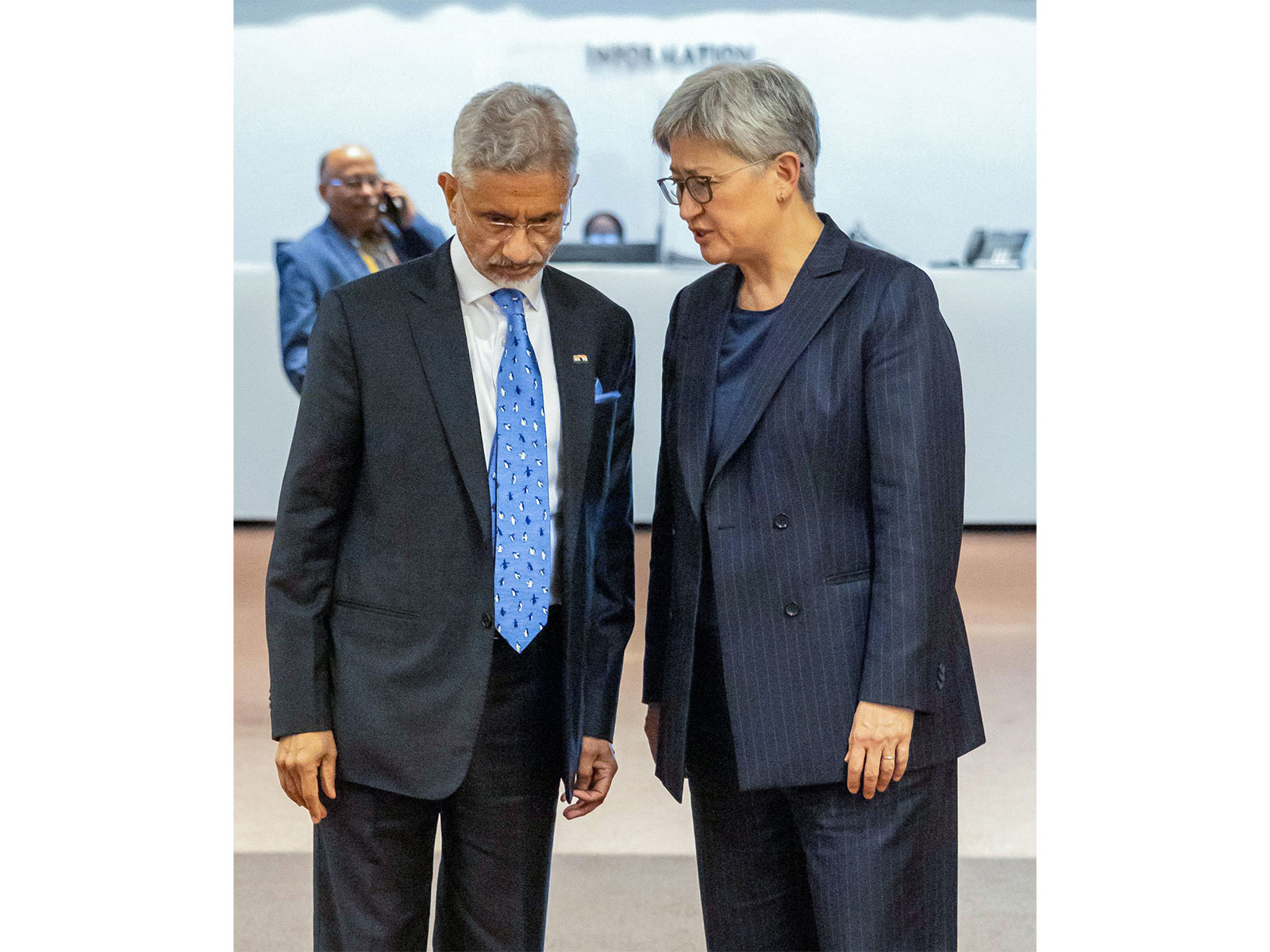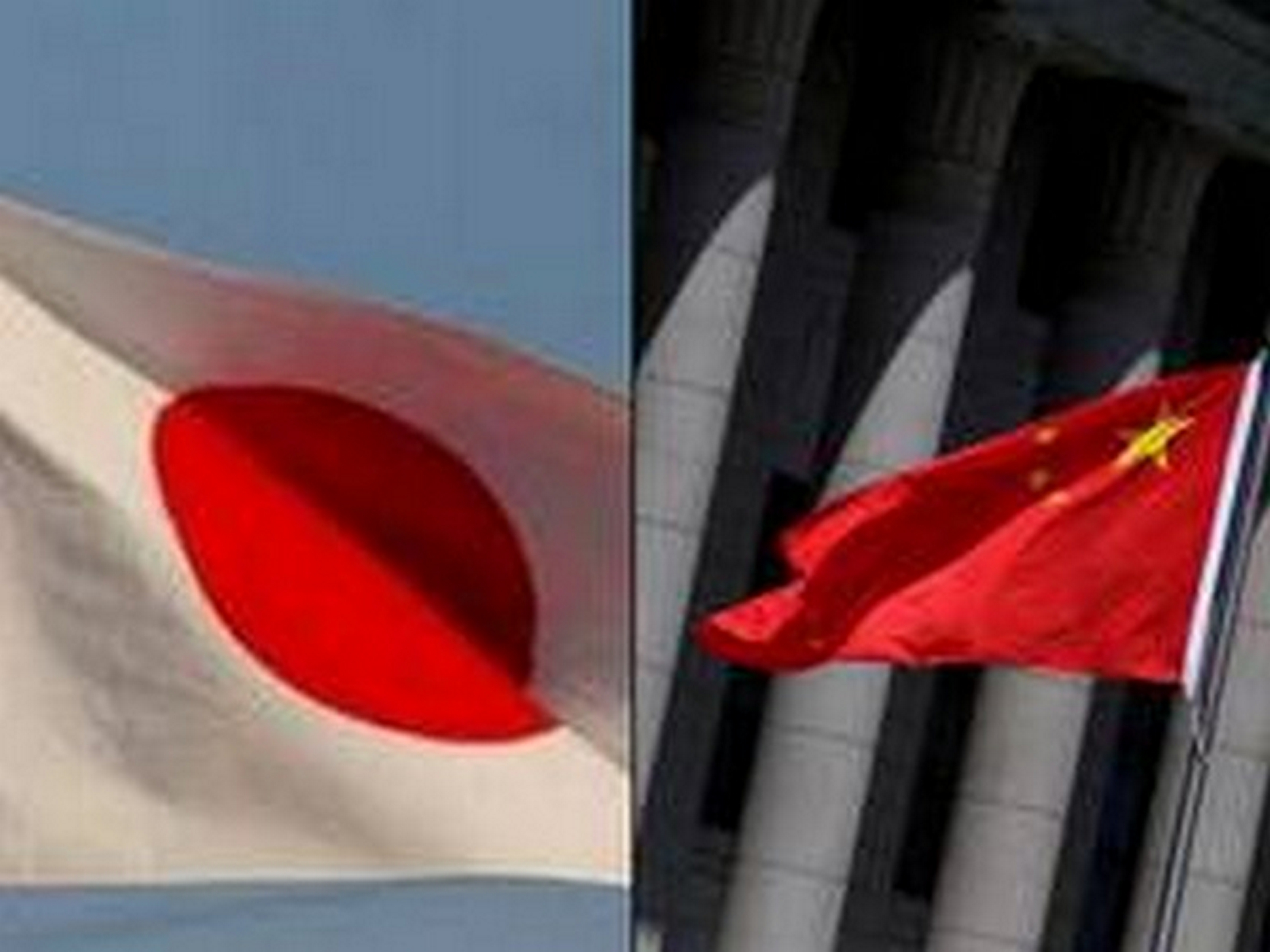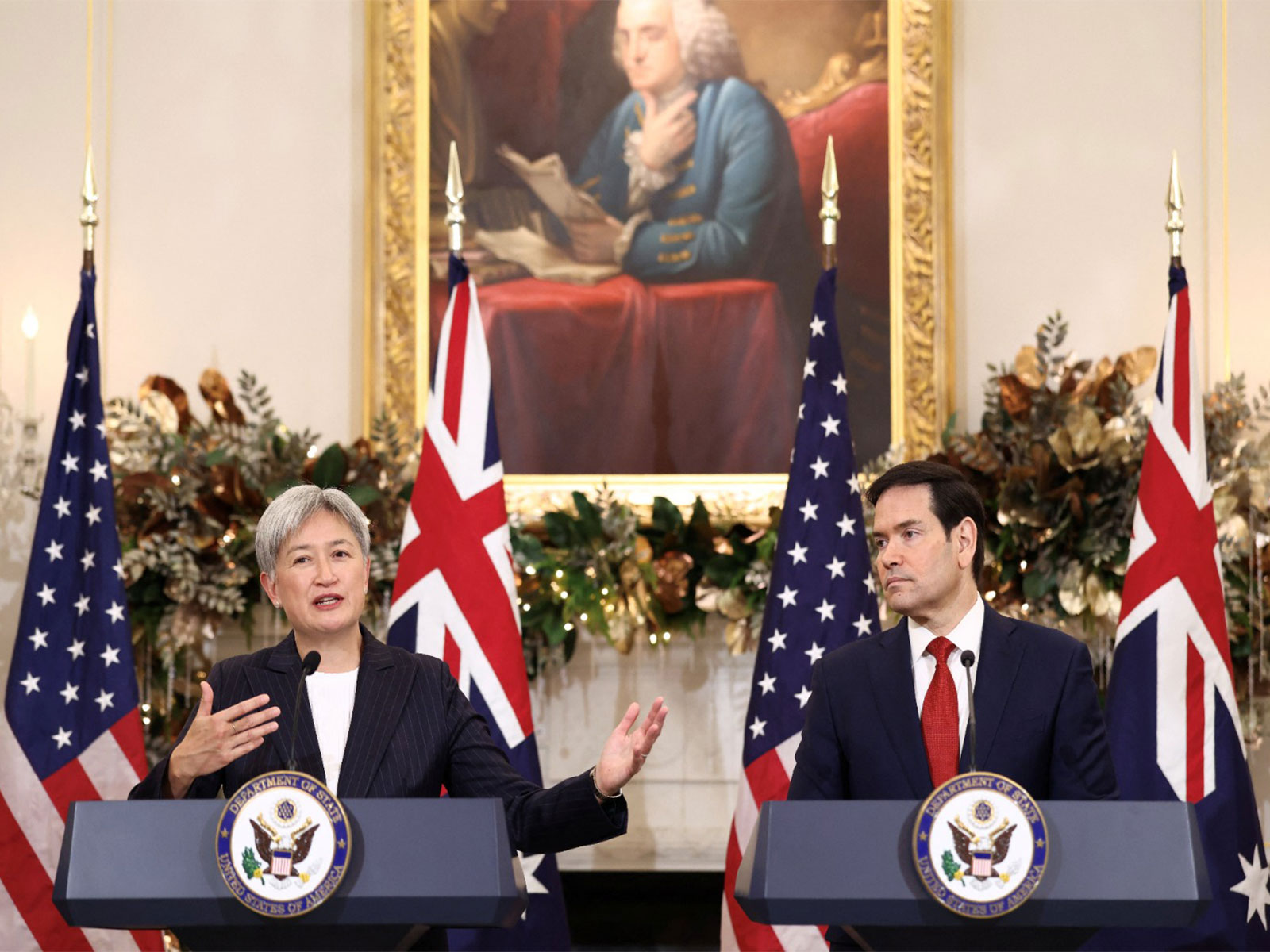After Visa, Mastercards, China's Unionpay also suspends operations in Russia
Apr 23, 2022

Beijing [China], April 23 : In the midst of the ongoing war between Russia and Ukraine, China's largest credit card brand Unionpay has become the latest financial services network to suspend its negotiations with the Russian banks after payment giants Visa and Mastercard closed down their services in the country fearing the devasting sanctions.
As per media reports, the payment processor is reportedly worried about being the target of sanctions from the U.S. and other countries if it works with sanctioned Russian banks. These sanctions might include being barred from doing business with an American individual or company, or importing goods to or exporting goods from the U.S. Effectively, the sanctions could sever UnionPay from the global financial system--which is a lot more lucrative than Russia's domestic scene.
Launched in 2002, Unionpay is a state-led financial services network operated by China's central bank, the People's Bank of China, and is the world's second-largest card brand with a 32 per cent market share, according to 2020 data from the Nilson Report.
On Wednesday, Russian newspaper RBC reported that UnionPay, the Chinese state-led financial services network, had suspended negotiations with Russian banks on issuing new bank cards for their customers, now unable to make purchases outside Russia as a result of Visa's and Mastercard's withdrawal. (Russians could still use the cards to make domestic purchases, owing to Russia's local Mir payment system.)
The G7 leaders have already agreed on a ban on all new investments in key sectors of the Russian economy.
When Russia's invasion of Ukraine prompted payments giants Visa and Mastercard to suspend services in the country, Moscow expected it could lean on the Chinese alternative, UnionPay, to plug the holes torn out of its domestic banking system. However, the plan now appears to have fallen flat, as UnionPay has reportedly decided not to expand its presence in the country.
Both the Bank of China and the Industrial and Commercial Bank of China, two of China's largest lending banks, have also stopped offering clients finance options for purchases of Russian commodities, reports Bloomberg.
And Huawei Technologies--one of the few remaining suppliers of 5G technology in Russia after Nokia and Ericsson pulled out of the country in February--has suspended new orders of network equipment for Russian customers, notes Russian outlet Izvestia.
UnionPay's hesitance to enter the Russian market is the latest example of large Chinese companies growing wary of doing business in Russia, despite the fact that China has not officially joined Western leaders in piling sanctions on Russia.
Officially, China has refused to join Western sanctions on Russia, deeming them counterproductive to the peace process. Chinese officials have also blamed the U.S. and Western organizations like NATO for escalating tensions between Russia and Ukraine, US media reported.
Furthermore, "China doesn't want to give "western countries any excuses for sanctions, bans, or boycotts," Bruce Pang, head of macro and strategy research at China Renaissance Securities, told Fortune last month.
China, in recent times, has advised its companies to adopt a "cautious" approach towards deals with Russia as the country appears to be succumbing to the Western powers who have imposed severe sanctions on Russia.

















